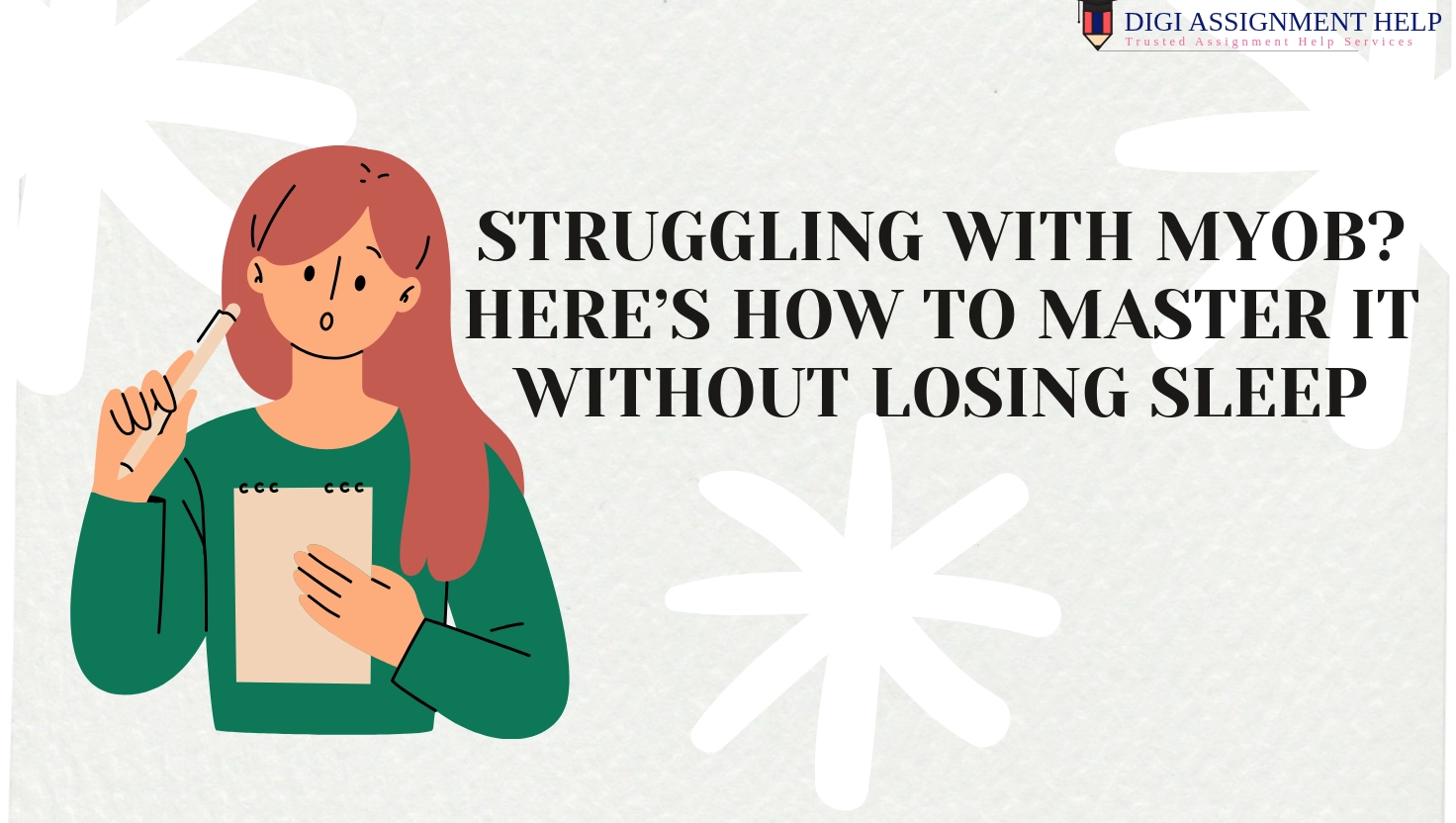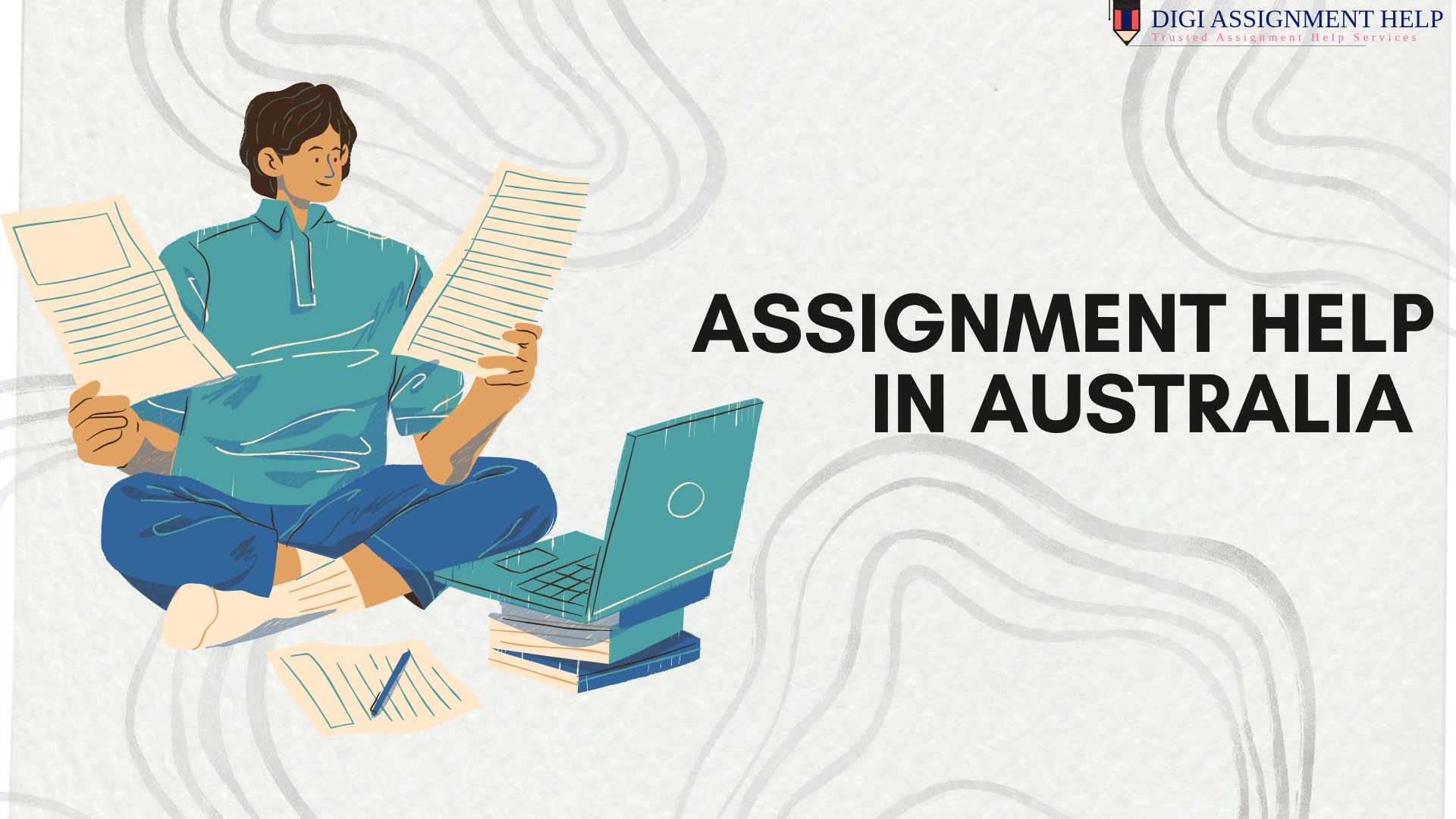Tips On Reflection Paragraph Writing In An Assignment
 31-Jan-2023 07:08 AM
31-Jan-2023 07:08 AM

HOW TO WRITE A REFLECTION PARAGRAPH IN AN ASSIGNMENT
They find it the synonym of a nightmare. Online assignment help services have been in place to help students with their assignments. The academic experts present in this platform become a saviour for all the students. it has been trusted by more than a million students to date.
The academic service provided by online assignment help makes students free from the burden of the assignments. The work they do remains of high quality. The content included remains well-researched.
They provide authentic and original work developed from scratch. The service abides by the no plagiarism rule as they know that it is a serious offense for both the students and the business.
You would find a large number of online assignment help services. You need to choose the correct one. The fraudulent ones just want to reap money and nothing else.
Choosing us will not only get you your desired marks or grades but it will also enhance your knowledge. You can visit our website and witness the authenticity on your own.
Online assignment help services are the most suitable source of online assignment help services available online.
What Is Reflective Writing ?
-
It is a piece of writing written in response to experiences or events or feelings or thoughts or any other type of encounter.
-
It develops a way of thinking that enables the person to think critically. It helps in diving deep into the knowledge gained and exploring the unexplored areas of learning.
-
It provides a great opportunity for gaining self-confidence and self-knowledge.
-
It is a means by which clarity is achieved and helps in the development of a better understanding of the course.
-
It also enhances writing skills.
-
It paves a path for providing meaning to your subject.
Misconceptions About Reflective Writing
-
It is not a means for conveying any information.
-
It does not serve as a means for starting an argument.
-
It is not writing that gives instructions to others for something.
-
The language of reflective writing does not assert any decision or show judgment.
-
It is not used for developing simple problem-solving methods.
-
It is most definitely not a summary of something.
What Is A Reflective Paragraph ?
All the above points make a complete reflection piece. You need to know about certain models of reflection that are used to put your experience into words. The different parts of the model provide you with a safe space for the inclusion of different thoughts and analyses of the events. It would give you an opportunity to think about what happened in detail, what did you do and didn’t. what could have been done better and what do you think about it while reflecting on it?
What Is The Importance Of Reflective Writing ?
You are required to think critically about the experience and in detail. You are required to formalize your thoughts so that the learning process is enhanced.
Experience can never be fruitful without reflecting upon it. It was pointed out by Graham Gibbs, the curator of the most widely and commonly used Gibb’s Reflective Cycle. The reflective cycle given by Gibbs has six stages. It covers every aspect of a reflection point. I will discuss it in my next section.
How To Write A Reflection Paragraph ?
Reflection Models
Schon’s Model Of Reflection On And In Action (1983)
-
The situation is that you are in a class. You are constantly distracted by others about what will you be having for lunch.
-
You need to find a way to focus on the lecture as you want to jot down the majority of the lecture being explained by the teacher.
-
You think of writing short points or flow charts to not miss out on single points.
-
You are not able to understand the portion covered in a lecture. It happens quite often.
-
You find out the topic in advance of the commencement of the lecture and write down some questions about it.
-
You decide to make notes during the lecture. It would help you to focus on the topic.
-
You decided to go on a coffee with some of your classmates to understand the concept in a better way.
Gibb’s Reflective Cycle (1988)
1. Description: you are supposed to describe the incident in detail. You need to be concerned about what happened. Some relevant questions include:
-
What happened?
-
When and where the incident happened?
-
Who was there in person?
-
What was done by you and another person at that time?
-
What was the result of the situation?
-
Why were you present there?
2 . Feelings: you need to write about your thoughts in this section. Everything that occurred in your mind and the feeling you experienced. The following questions can be asked:
-
What was your feeling at the time of the incident?
-
What were your before and after feel; of the situation?
-
What was the feel of other people present in the situation?
-
What do other people think about the situation now?
-
What were your thoughts during the situation?
3. Evaluation: In this section, you need to evaluate the situation. You need to find out the aspects that were achieved successfully and the remaining ones. You need to be honest and objective in this situation. The following questions will aid in the assessment:
-
What were the positive and negative about the situation or experience?
-
What was done successfully?
-
What didn’t go well?
-
The positive and negative contributions of yours and other people present at the same time.
4. Analysis: This section revolves around critical thinking to make sense of the situation. You need to give meaning to the positive and negative aspects and why it happened that way. The following questions will help in analysing the situation properly:
-
What are the reasons behind the positive aspects?
-
What are the reasons behind the negative aspects?
-
What makes sense about the situation?
-
What knowledge can be used by me to improve my understanding of the situation?
5. Conclusion: in this section, you need to draw a conclusion about the whole experience. Answers to the following question will help in drawing an effective conclusion:
-
What are my learnings from the situation?
-
How can the outcome be more on the positive side for everyone?
-
What other things could have been done to improve the situation?
-
What skills do I need to develop or modify for handling such a situation?
6. Action plan: you need to devise a plan for achieving better results next time. The following questions might be helpful for developing an action plan:
-
What are things I would do differently if I encounter the same situation again?
-
How will I be able to develop the necessary skills?
-
How can I be certain about taking actions differently next time?
CONCLUSION
Student reflection paragraphs need a flow with the use of mixed tones in the content. It is difficult to achieve properly on the first attempt. Take help from reflection paragraph writing services and remain relaxed.
In both ways, reflection is a very personal note and it gives joy after completing it successfully. So I wish you a happy reflection!
Also Read - Advantages & Disadvantages of CSR



























